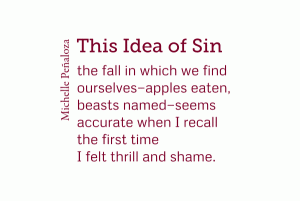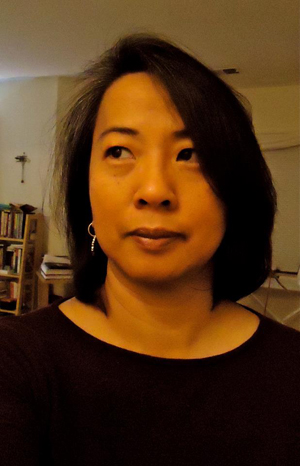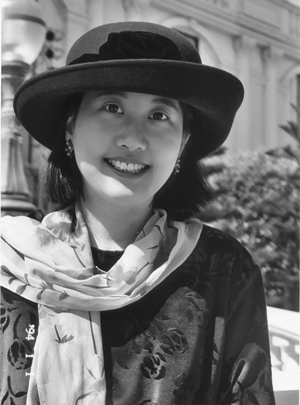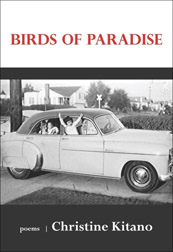
This May, in celebration of APIA Heritage Month, we have asked several respected teachers and writers of Asian American poetry to share writing exercises with us in lieu of our regular Friday Prompts. This week’s installment was contributed by Rick Barot.
Once, I mentored a graduate student who had been obsessively reading the stories of survivors of the Nagasaki and Hiroshima bombings in World War II. These stories were horrifying and moving by turns, and my student was consumed by them. Because she was a poet, it was inevitable that her engagement with the stories would manifest itself in her work. But here was the problem: she was a comfortably situated Caucasian woman who didn’t feel she had the right to write about this subject matter. Even more complicated: she wanted to write poems directly in the voices of these survivors, making her use of the material doubly problematic. Part of me, of course, wanted to advise the student to step away from the project, because it was simply too fraught with pitfalls that would make the project insurmountable at worst, and awful at the least. But a larger part of me wanted to advise the student to move forward, which is what I did.
We artists get on a tightrope when we tackle subjects that are beyond the merely personal. But far from ever trying to dissuade anyone from writing about these subjects, I urge them to head straight into those subjects. The risks that come with any writing project are in fact the opportunities of that project: they are what make the project worth doing in the first place. In poetry, there is no such thing as hands-off material. A poem never fails because of its subject matter—it fails because the poet has inadequately given depth and shape to that subject matter. Dramatic historical periods, natural disasters, grand personal wounds—writing about these subjects raises the stakes tremendously high when you have to write about them inventively, feelingly, thoughtfully. You have to be ingenious to avoid failure—or, at the least, ingenuity will allow you to fail well.
Continue reading “Curated Prompt: Rick Barot – “The Hermit Crab Poem””







